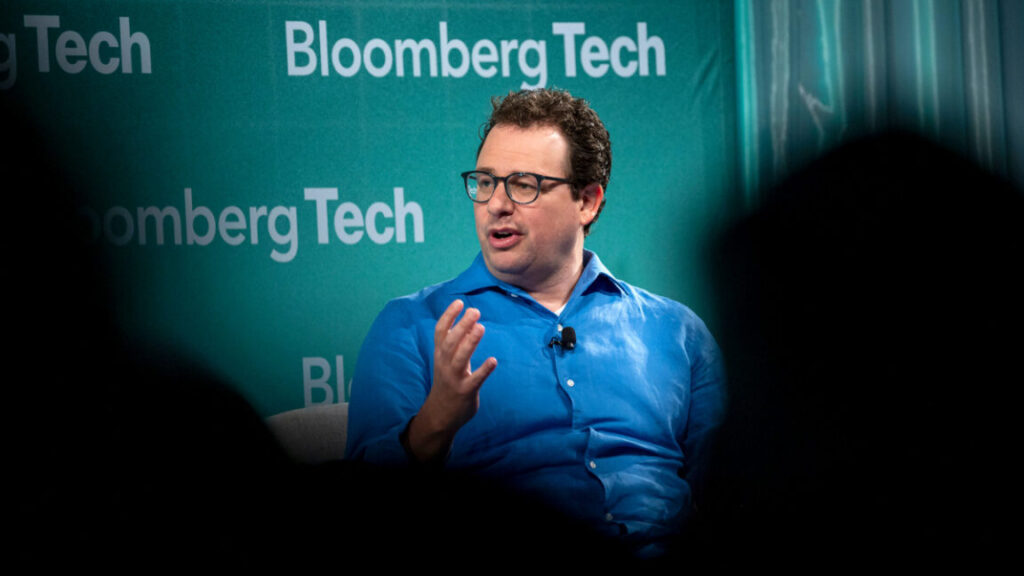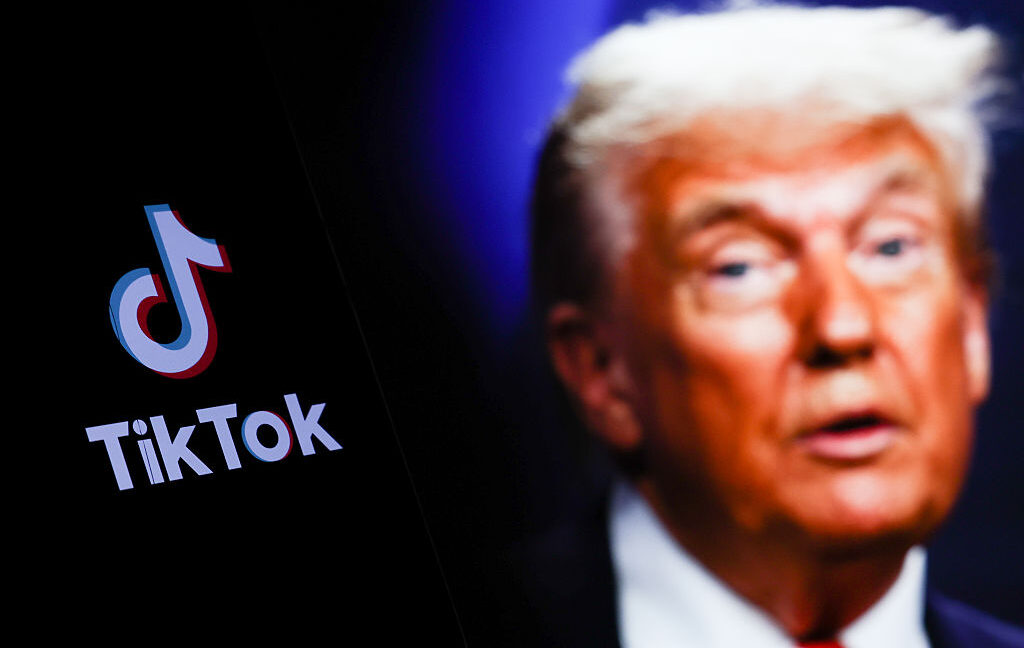US officially out of WHO, leaving hundreds of millions of dollars unpaid
“The United States will not be making any payments to the WHO before our withdrawal on January 22, 2026,” the spokesperson said in an emailed statement. “The cost [borne] by the US taxpayer and US economy after the WHO’s failure during the COVID pandemic—and since—has been too high as it is. We will ensure that no more US funds are routed to this organization.”
In addition, the US had also promised to provide $490 million in voluntary contributions for those two years. The funding would have gone toward efforts such as the WHO’s health emergency program, tuberculosis control, and the polio eradication effort, Stat reports. Two anonymous sources told Stat that some of that money was paid, but they couldn’t provide an estimate of how much.
The loss of both past and future financial support from the US has been a hefty blow to the WHO. Immediately upon notification last January, the WHO began cutting costs. Those included freezing recruitment, restricting travel expenditures, making all meetings virtual, limiting IT equipment updates, and suspending office refurbishment. The agency also began cutting staff and leaving positions unfilled. According to Stat, the WHO staff is on track to be down 22 percent by the middle of this year.
In a recent press conference, WHO Director-General Tedros Adhanom Ghebreyesus said the US withdrawal is a “lose-lose situation” for the US and the rest of the world. The US will lose access to infectious disease intelligence and sway over outbreak responses, and global health security will be weakened overall. “I hope they will reconsider,” Tedros said.
US officially out of WHO, leaving hundreds of millions of dollars unpaid Read More »












